Finding a trained poultry veterinarian or any vet who will agree to treat chickens is extremely difficult, if not impossible for many and nothing leaves a chicken keeper feeling more helpless than not knowing how to help a sick flock member. This article covers basic guidelines to follow when caring for a sick chicken without a vet.
GIVEAWAY!
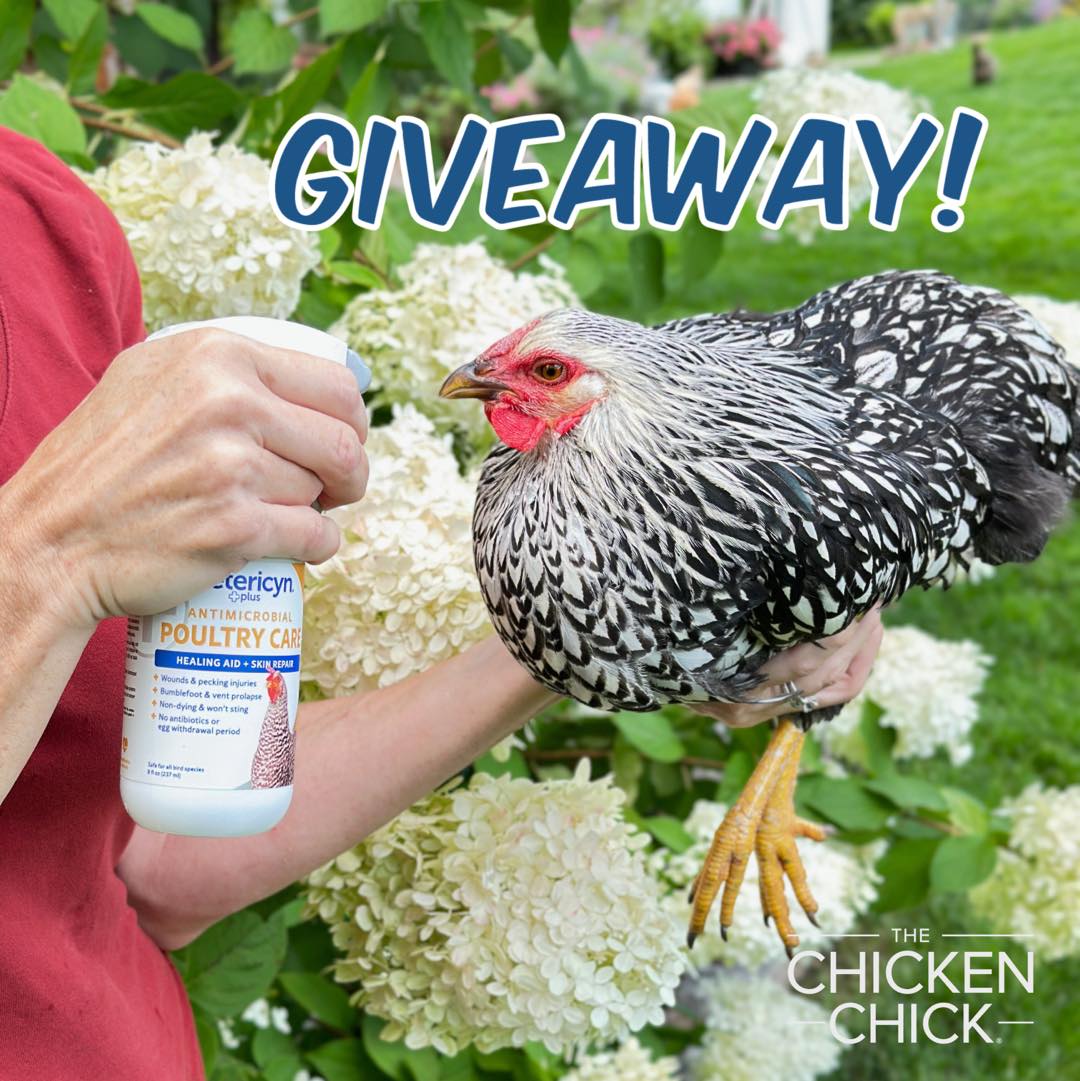
Enter to WIN a Vetericyn Poultry Plus Prize Package!
Entry details below!
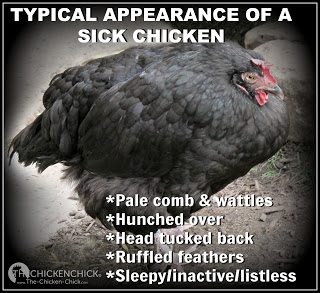
Chickens offer subtle cues when they are under the weather and by regularly spending time with our flocks, we will be able to pick up on signs that they are sick. Common indications of a sick chicken include: hiding, inactivity, pale comb or wattles, unusual droppings, unusual posture, lethargy, lack of appetite and reduced egg production- all indications that closer observation is needed.
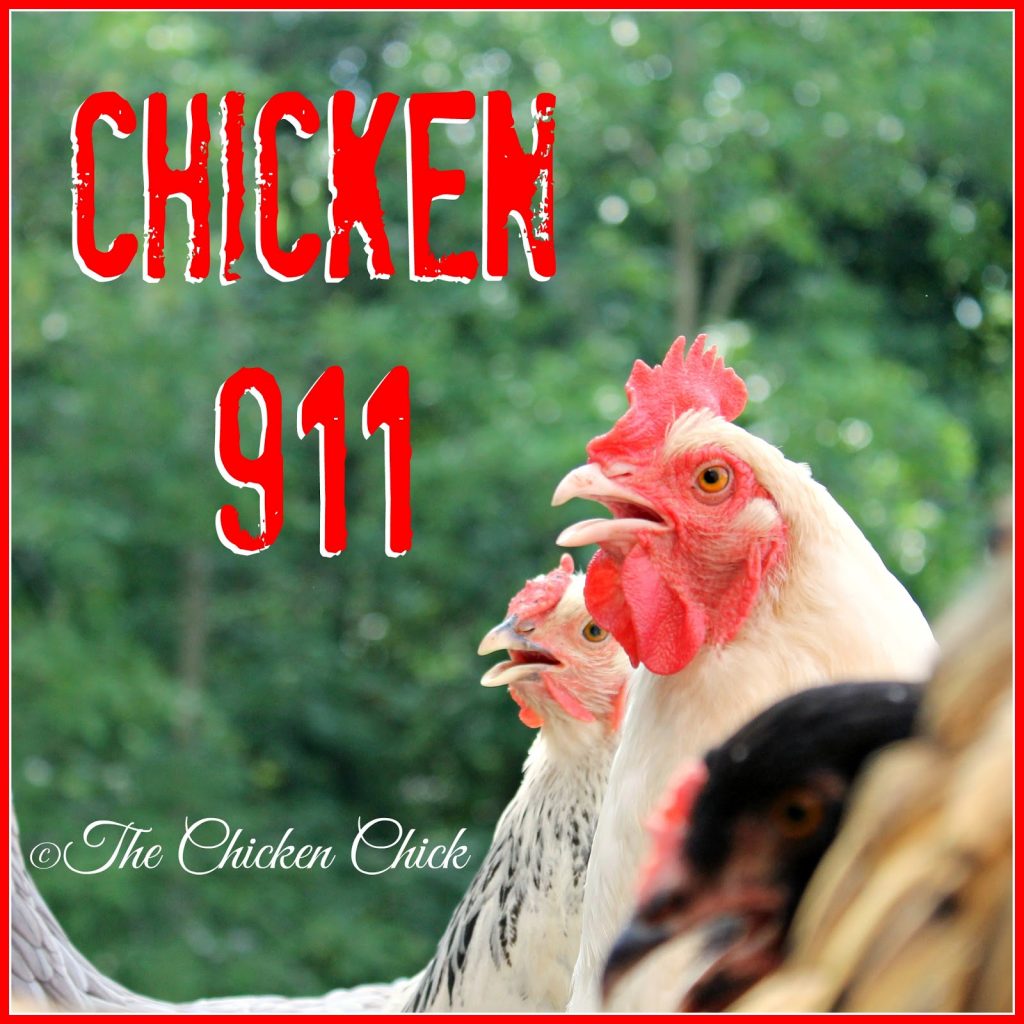
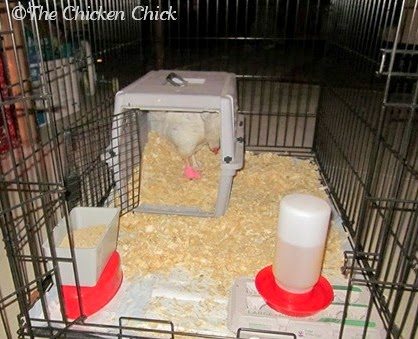
DOs & DON’Ts OF SICK CHICKEN CARE
DO ISOLATE
Priority #1 is to provide a sick chicken with a quiet, protected, warm environment away from the flock where it can be observed closely. Separation from the flock keeps it protected from being bullied or pecked by other flock members and protects the rest of the flock from what may be a contagious condition. I show a variety of sick bay setups in this article.
DO HYDRATE
Priority #2 is to keep the sick chicken hydrated throughout the crisis even if that means offering water by spoon or dropper frequently. Water is involved in every aspect of a chicken’s metabolism from regulating body temperature to digesting food, and eliminating body wastes and if the bird is not hydrated, it does not stand a chance of fighting illness.
Adding a vitamin/electrolyte supplement into the drinking water for a day or two can help an already dehydrated chicken re-hydrate. In the absence of electrolytes, Gatorade may be substituted.
Food is much less critical than water initially for a sick bird. If the chicken is not eating independently, they can be fed by spoon, dropper, syringe or tube fed a liquid diet. Layer feed can be can be crushed with warm water or warm milk to make a soupy mash, which a sick chicken may find enticing when little else does.
If herbal or other dietary supports have not already been a part of a chicken’s regular routine, they should not be offered during an illness. Work on building a healthy immune system after the chicken’s health crisis has passed.
For example, garlic. Who wants a dish of garlic or a shot of vinegar on their nightstand when they’re ill? I don’t and wouldn’t give that to a sick chicken either.
-administered for a non-bacterial infection
-adminstered in the wrong dosage
-administered for the wrong period of time
-adminstered via the wrong route (eg: in the water, in the feed, injected into the muscle)
-the wrong type of antibiotic is being administered
The misuse of antibiotics can make the bird sicker and lead to antibiotic resistance in the flock. Only a treating veterinarian can prescribe antibiotics for laying hens. Learn more about this topic here.
This is Esther, a 4 year old Easter Egger who was put to sleep by her vet. Necropsy revealed that she had extensive reproductive cancer.
DO TROUBLE-SHOOT
In desperation, most of us without vets have or will turn to books or chicken-keeping friends for help trouble-shooting a sick chicken’s symptoms. The following questions can be useful in narrowing down the range of possible problems:
- What’s the age of the bird?
- When was the last time she laid an egg?
- Does she feel lighter or thinner than usual?
- How long have the symptoms been present?
- Any new additions to the flock recently?
- Any other birds in the flock exhibiting any similar or other symptoms of illness?
- Any bleeding, injury, broken bones, bruising or other sign of trauma?
- Is the bird eating and drinking, normally?
- If so, what does the daily diet consist of?
- Any changes in the diet recently?
- Could she have eaten something poisonous?
- Do the droppings look normal?
- Any worms in the droppings?
- Does her crop feel full/empty/hard/soft?
- Does the crop empty overnight? Is her abdomen hard, soft, full, squishy? Are there any dirty feathers near the vent?
- Any insects on the skin or feathers, particularly near the vent?
- Any unusual lesions on the body, under the skin, comb, wattles or in the mouth?
- Is she sneezing, coughing, wheezing, having trouble breathing?
- Is there any facial swelling?
- Is there any nasal/mouth or eye discharge?
- Watery or bubbly eyes?
RESOURCES
Tap into any/all of the state, local and national professional resources listed here as needed.
Once you have some idea about what could possibly be going on with your chicken, visit my Chicken Care Guide for common chicken ailments and at-home treatments when a vet is not an option. I highly recommend having The Chicken Health Handbook, 2nd ED, Damerow, Gail on hand for amateur diagnostics and trouble-shooting.
DO HAVE A EUTHANASIA PLAN
The worst case scenario is always death and sometimes the kindest thing we can do for a chicken beyond saving is to help end their suffering kindly. Many vets, even those that do not treat chickens, will agree to euthanize a sick or dying bird. Find out who those vets are in advance of needing one.
Locate your state veterinary diagnostic laboratory. Many labs will offer euthanasia services prior to a necropsy. Each state has a veterinary lab that will run tests and perform postmortem examinations on animals to determine the cause of death. Know where your lab is, how to contact them and which services they offer. **Always get a necropsy done on any bird that dies of unknown causes for the protection of the surviving flock members and for peace of mind.**
to enter THE GIVEAWAY!
2) COMMENT below this article.
Eligibility limited to US residents only. Giveaway ends 06/03/24 9pm EST.
Winners chosen by random drawing from eligible entries and notified on my Facebook page in a post and via email and/or here.
ADVISORY: I will NEVER MESSAGE you privately or on Facebook messenger! You should NEVER give your credit card information to anyone claiming you won something! Scammers online are everywhere. Be smart, stay safe.
Kathy Shea Mormino
Affectionately known internationally as The Chicken Chick®, Kathy Shea Mormino shares a fun-loving, informative style to raising backyard chickens. …Read on


shop my SPONSORS
Finding a trained poultry veterinarian or any vet who will agree to treat chickens is extremely difficult, if not impossible for many and nothing leaves a chicken keeper feeling more helpless than not knowing how to help a sick flock member. This article covers basic guidelines to follow when caring for a sick chicken without a vet.
GIVEAWAY!

Enter to WIN a Vetericyn Poultry Plus Prize Package!
Entry details below!

Chickens offer subtle cues when they are under the weather and by regularly spending time with our flocks, we will be able to pick up on signs that they are sick. Common indications of a sick chicken include: hiding, inactivity, pale comb or wattles, unusual droppings, unusual posture, lethargy, lack of appetite and reduced egg production- all indications that closer observation is needed.


DOs & DON’Ts OF SICK CHICKEN CARE
DO ISOLATE
Priority #1 is to provide a sick chicken with a quiet, protected, warm environment away from the flock where it can be observed closely. Separation from the flock keeps it protected from being bullied or pecked by other flock members and protects the rest of the flock from what may be a contagious condition. I show a variety of sick bay setups in this article.
DO HYDRATE
Priority #2 is to keep the sick chicken hydrated throughout the crisis even if that means offering water by spoon or dropper frequently. Water is involved in every aspect of a chicken’s metabolism from regulating body temperature to digesting food, and eliminating body wastes and if the bird is not hydrated, it does not stand a chance of fighting illness.
Adding a vitamin/electrolyte supplement into the drinking water for a day or two can help an already dehydrated chicken re-hydrate. In the absence of electrolytes, Gatorade may be substituted.
Food is much less critical than water initially for a sick bird. If the chicken is not eating independently, they can be fed by spoon, dropper, syringe or tube fed a liquid diet. Layer feed can be can be crushed with warm water or warm milk to make a soupy mash, which a sick chicken may find enticing when little else does.
If herbal or other dietary supports have not already been a part of a chicken’s regular routine, they should not be offered during an illness. Work on building a healthy immune system after the chicken’s health crisis has passed.
For example, garlic. Who wants a dish of garlic or a shot of vinegar on their nightstand when they’re ill? I don’t and wouldn’t give that to a sick chicken either.
-administered for a non-bacterial infection
-adminstered in the wrong dosage
-administered for the wrong period of time
-adminstered via the wrong route (eg: in the water, in the feed, injected into the muscle)
-the wrong type of antibiotic is being administered
The misuse of antibiotics can make the bird sicker and lead to antibiotic resistance in the flock. Only a treating veterinarian can prescribe antibiotics for laying hens. Learn more about this topic here.
This is Esther, a 4 year old Easter Egger who was put to sleep by her vet. Necropsy revealed that she had extensive reproductive cancer.
DO TROUBLE-SHOOT
In desperation, most of us without vets have or will turn to books or chicken-keeping friends for help trouble-shooting a sick chicken’s symptoms. The following questions can be useful in narrowing down the range of possible problems:
- What’s the age of the bird?
- When was the last time she laid an egg?
- Does she feel lighter or thinner than usual?
- How long have the symptoms been present?
- Any new additions to the flock recently?
- Any other birds in the flock exhibiting any similar or other symptoms of illness?
- Any bleeding, injury, broken bones, bruising or other sign of trauma?
- Is the bird eating and drinking, normally?
- If so, what does the daily diet consist of?
- Any changes in the diet recently?
- Could she have eaten something poisonous?
- Do the droppings look normal?
- Any worms in the droppings?
- Does her crop feel full/empty/hard/soft?
- Does the crop empty overnight? Is her abdomen hard, soft, full, squishy? Are there any dirty feathers near the vent?
- Any insects on the skin or feathers, particularly near the vent?
- Any unusual lesions on the body, under the skin, comb, wattles or in the mouth?
- Is she sneezing, coughing, wheezing, having trouble breathing?
- Is there any facial swelling?
- Is there any nasal/mouth or eye discharge?
- Watery or bubbly eyes?
RESOURCES
Tap into any/all of the state, local and national professional resources listed here as needed.
Once you have some idea about what could possibly be going on with your chicken, visit my Chicken Care Guide for common chicken ailments and at-home treatments when a vet is not an option. I highly recommend having The Chicken Health Handbook, 2nd ED, Damerow, Gail on hand for amateur diagnostics and trouble-shooting.
DO HAVE A EUTHANASIA PLAN
The worst case scenario is always death and sometimes the kindest thing we can do for a chicken beyond saving is to help end their suffering kindly. Many vets, even those that do not treat chickens, will agree to euthanize a sick or dying bird. Find out who those vets are in advance of needing one.
Locate your state veterinary diagnostic laboratory. Many labs will offer euthanasia services prior to a necropsy. Each state has a veterinary lab that will run tests and perform postmortem examinations on animals to determine the cause of death. Know where your lab is, how to contact them and which services they offer. **Always get a necropsy done on any bird that dies of unknown causes for the protection of the surviving flock members and for peace of mind.**
to enter THE GIVEAWAY!
2) COMMENT below this article.
Eligibility limited to US residents only. Giveaway ends 06/03/24 9pm EST.
Winners chosen by random drawing from eligible entries and notified on my Facebook page in a post and via email and/or here.
ADVISORY: I will NEVER MESSAGE you privately or on Facebook messenger! You should NEVER give your credit card information to anyone claiming you won something! Scammers online are everywhere. Be smart, stay safe.



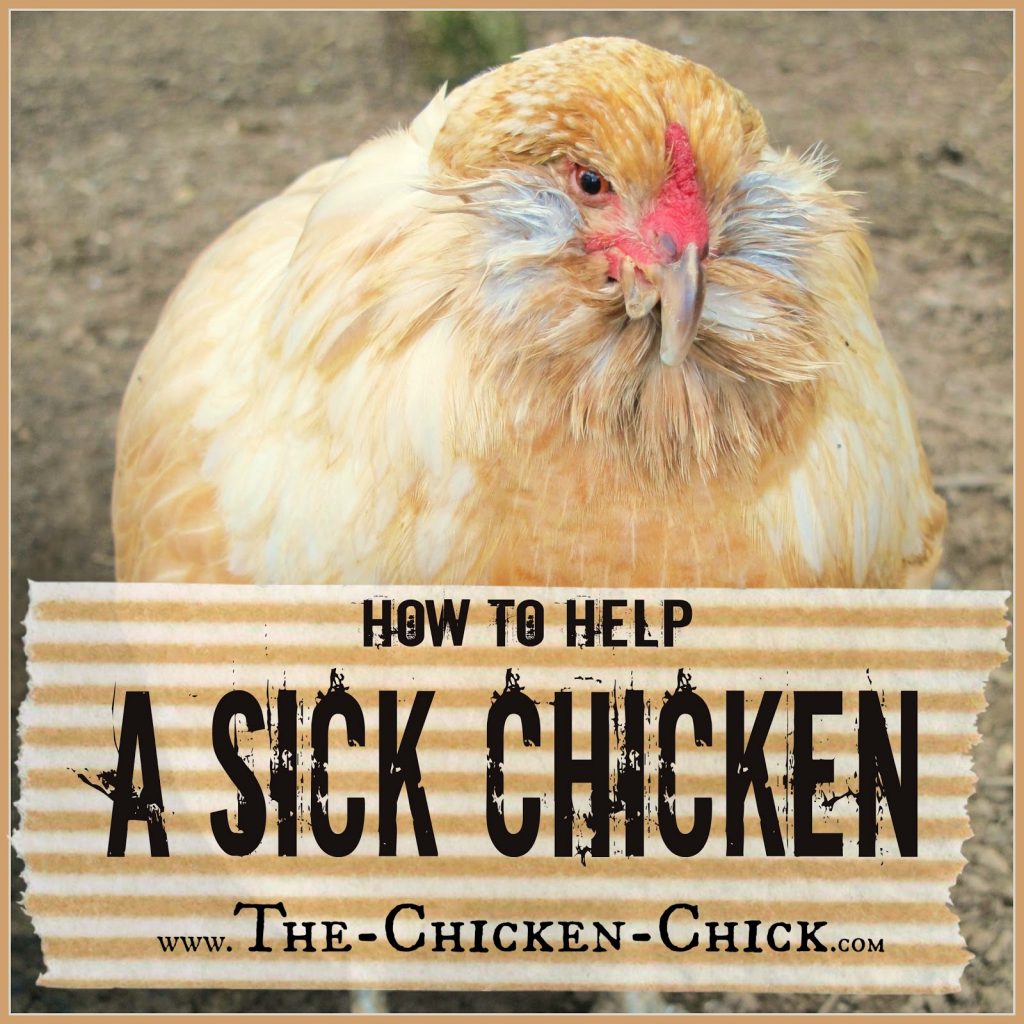

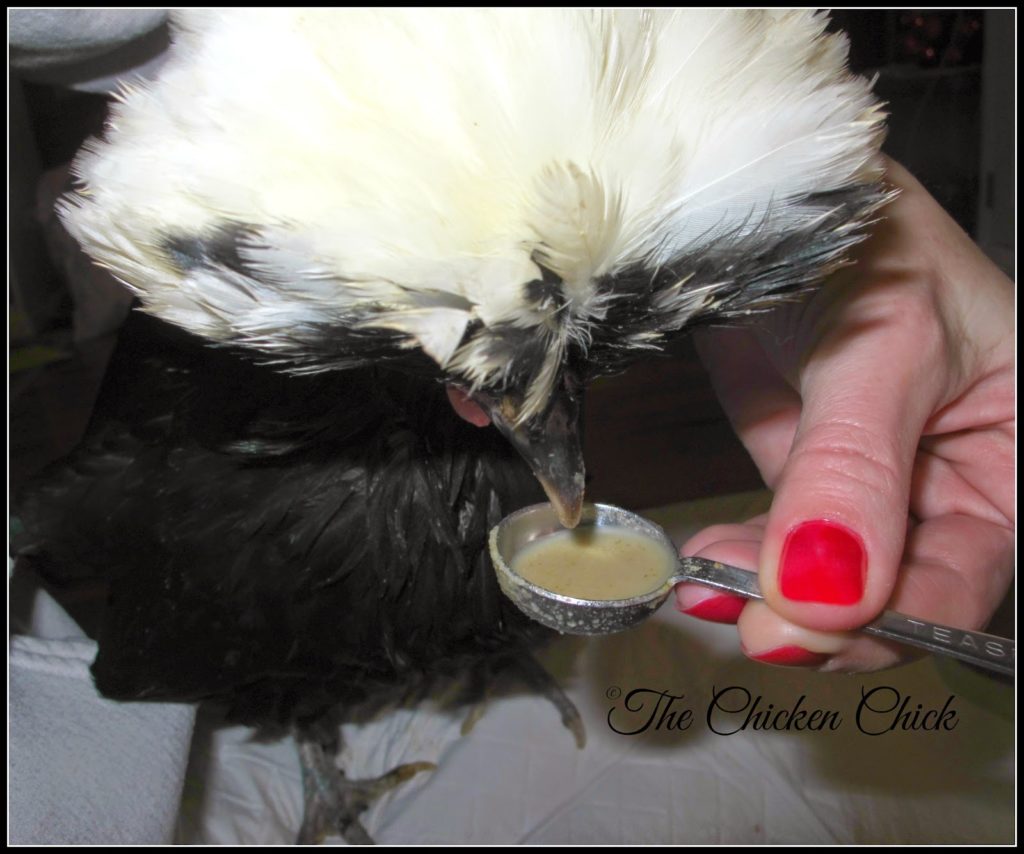
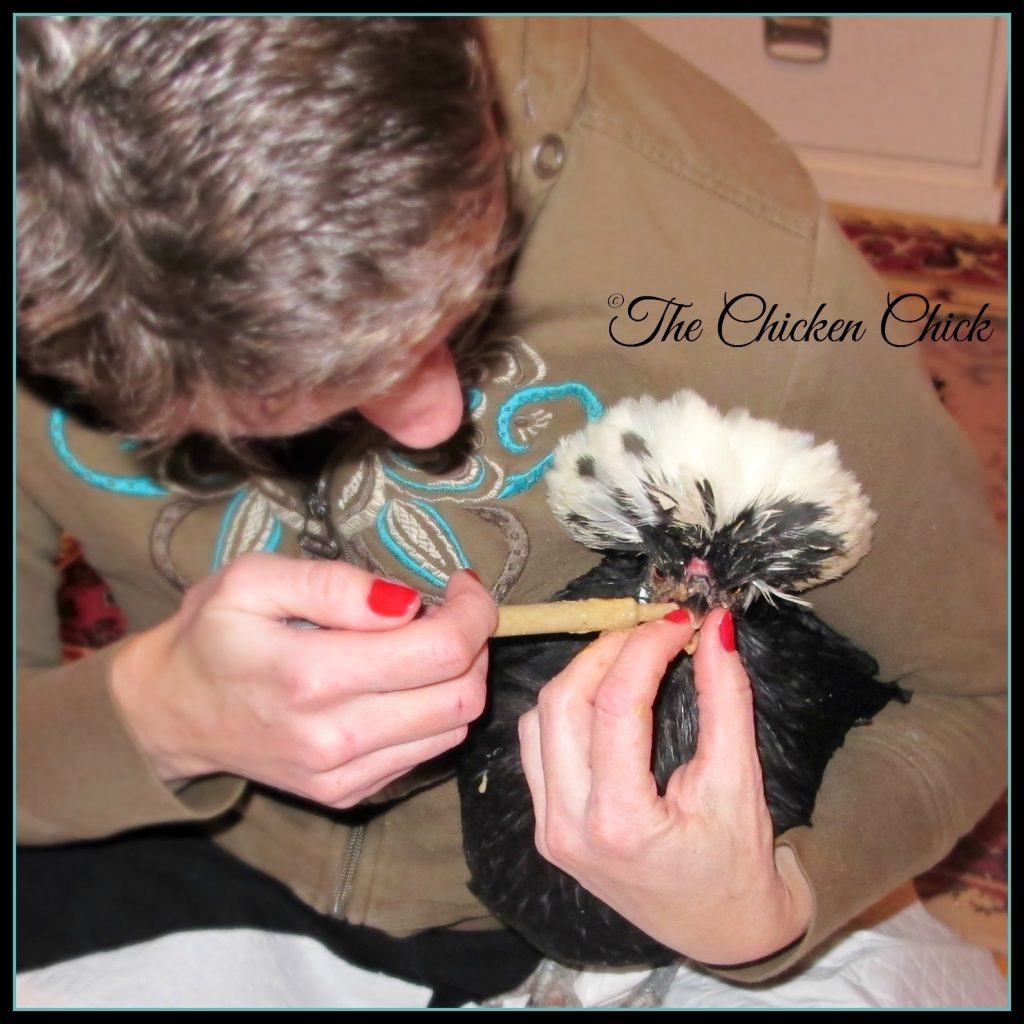
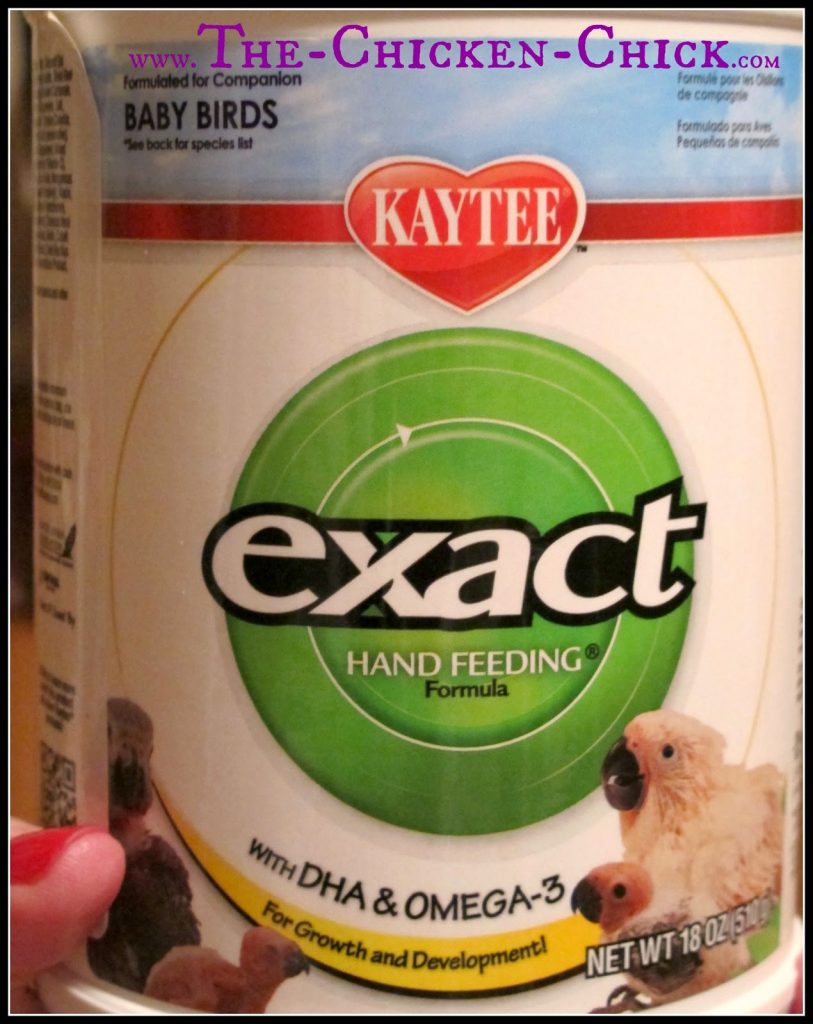

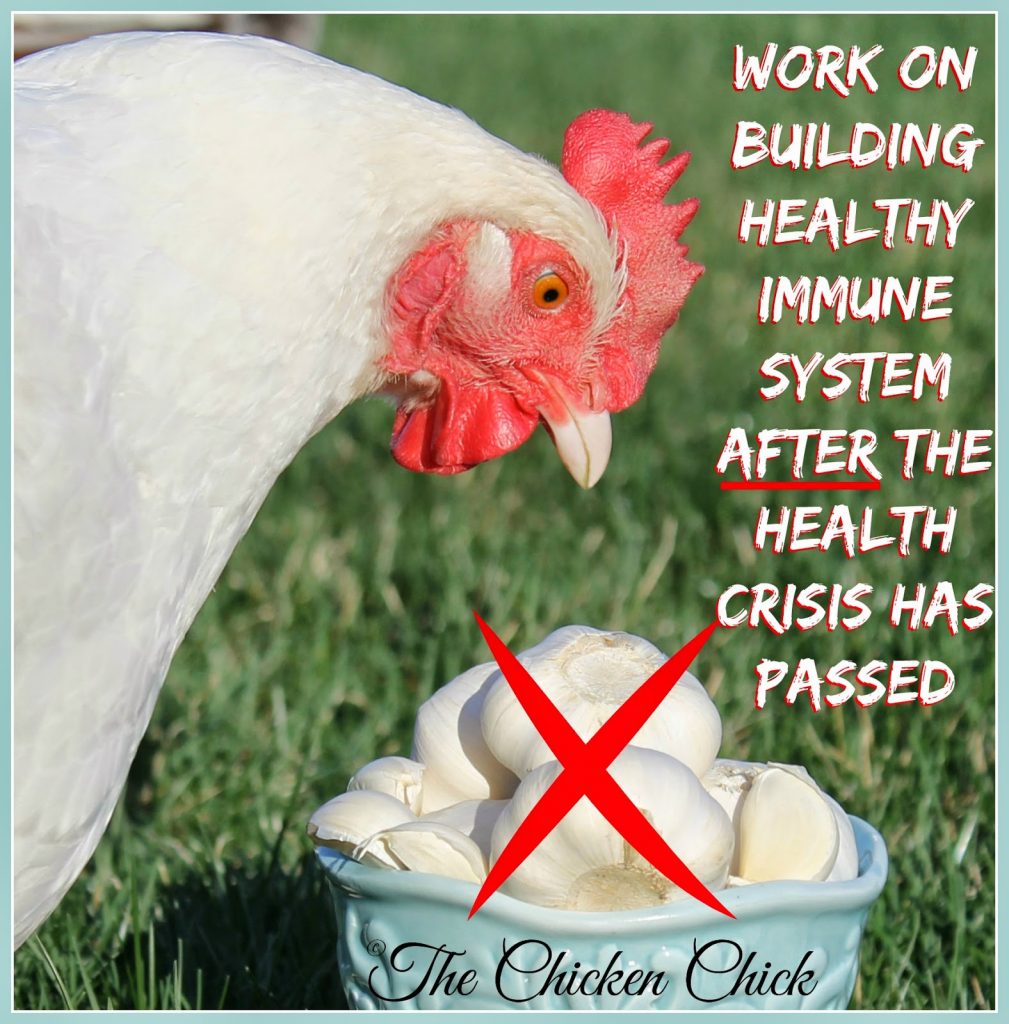
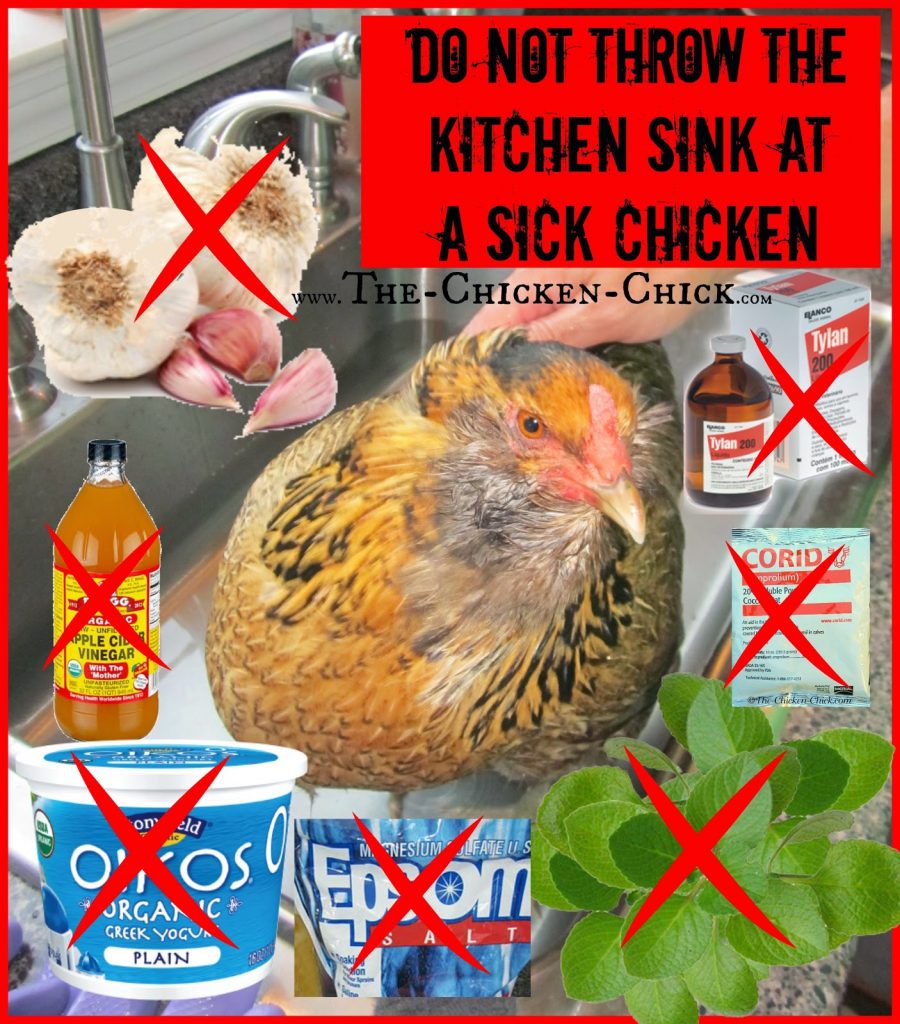
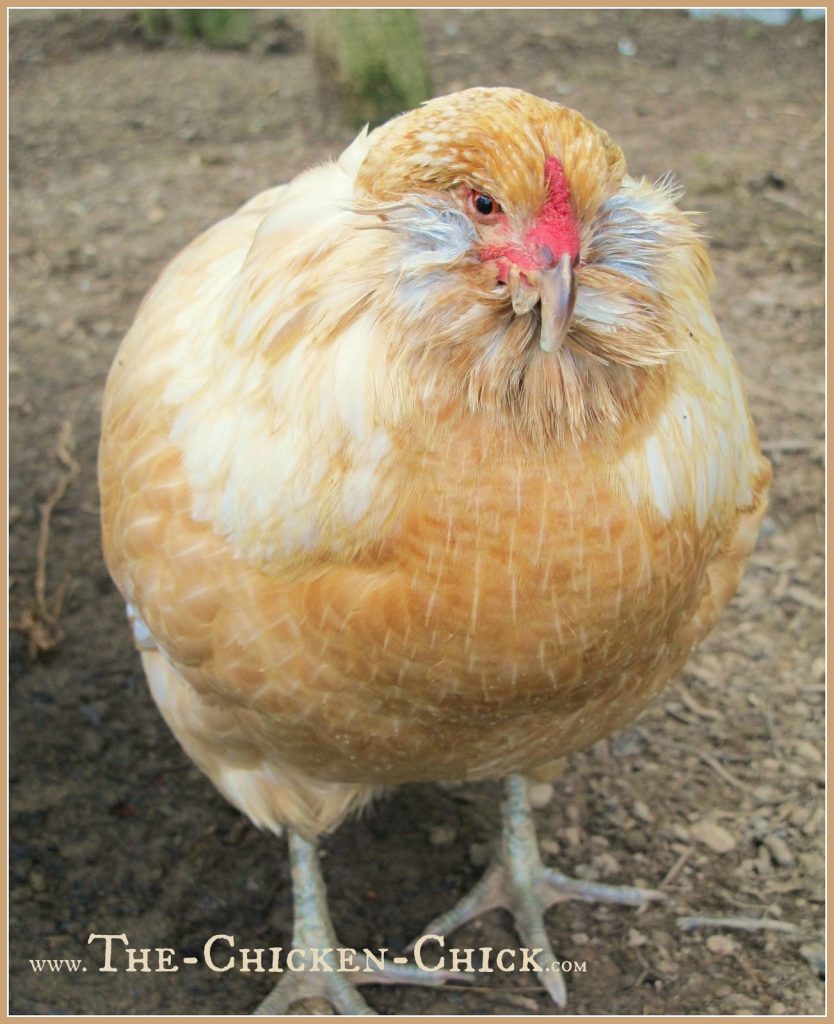
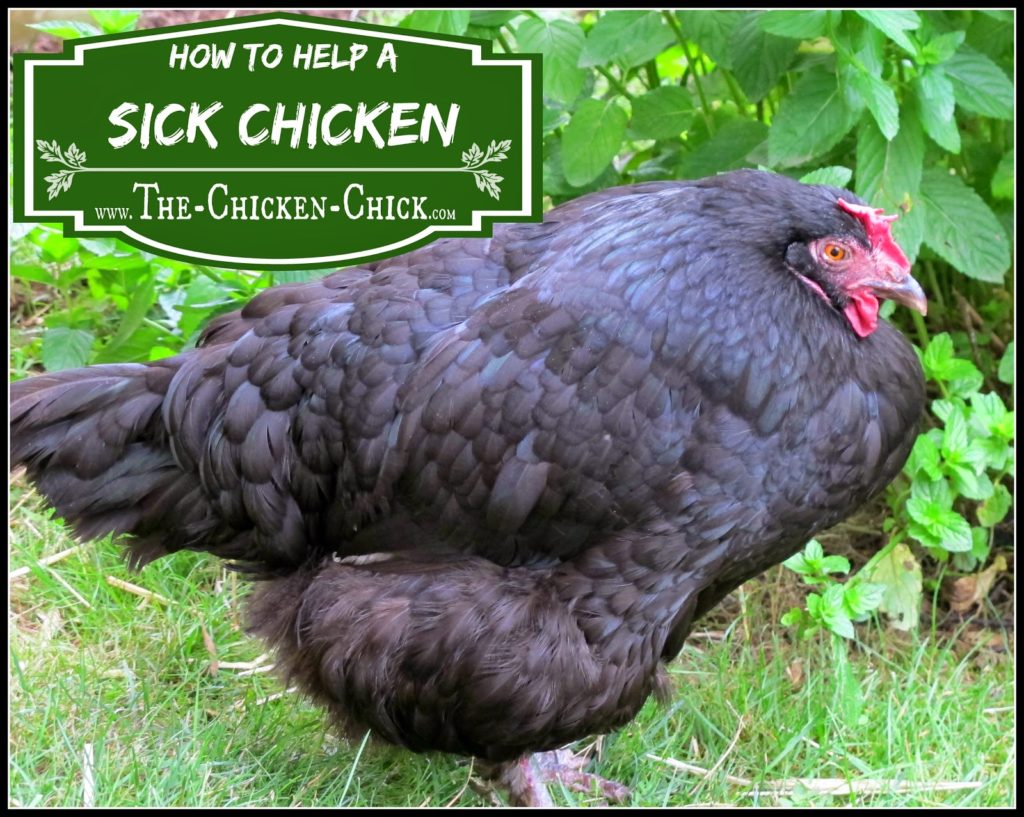
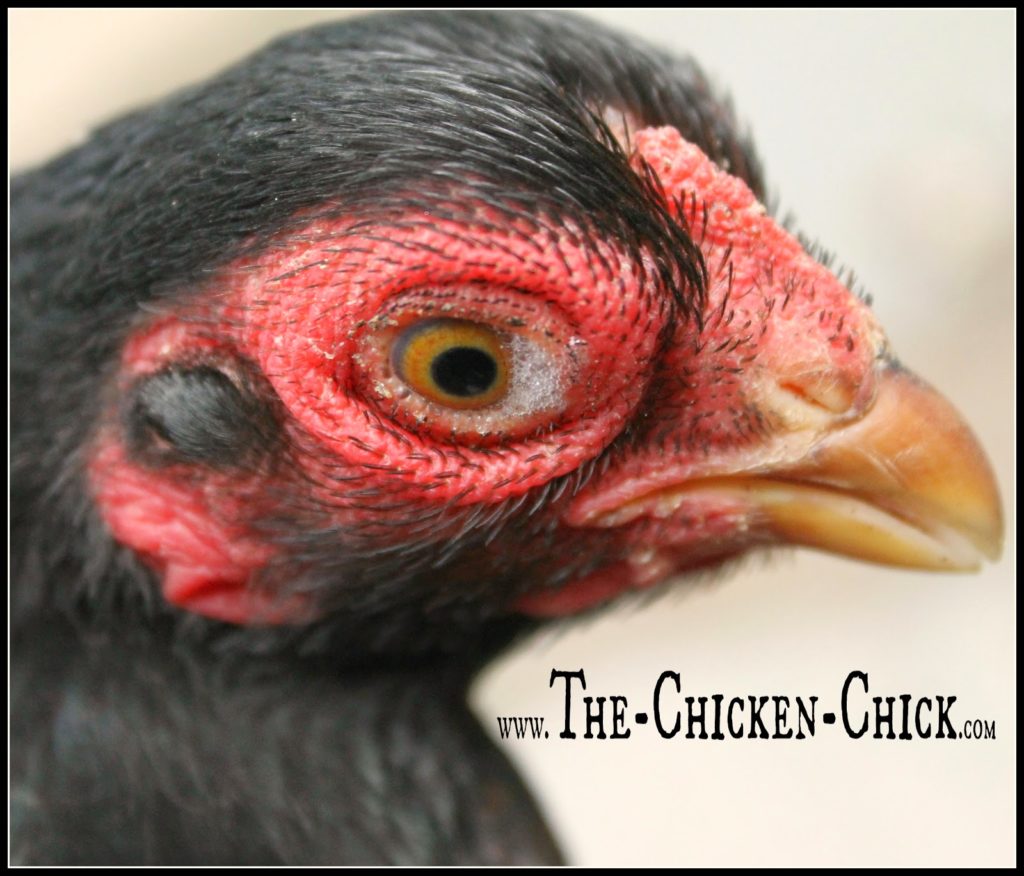

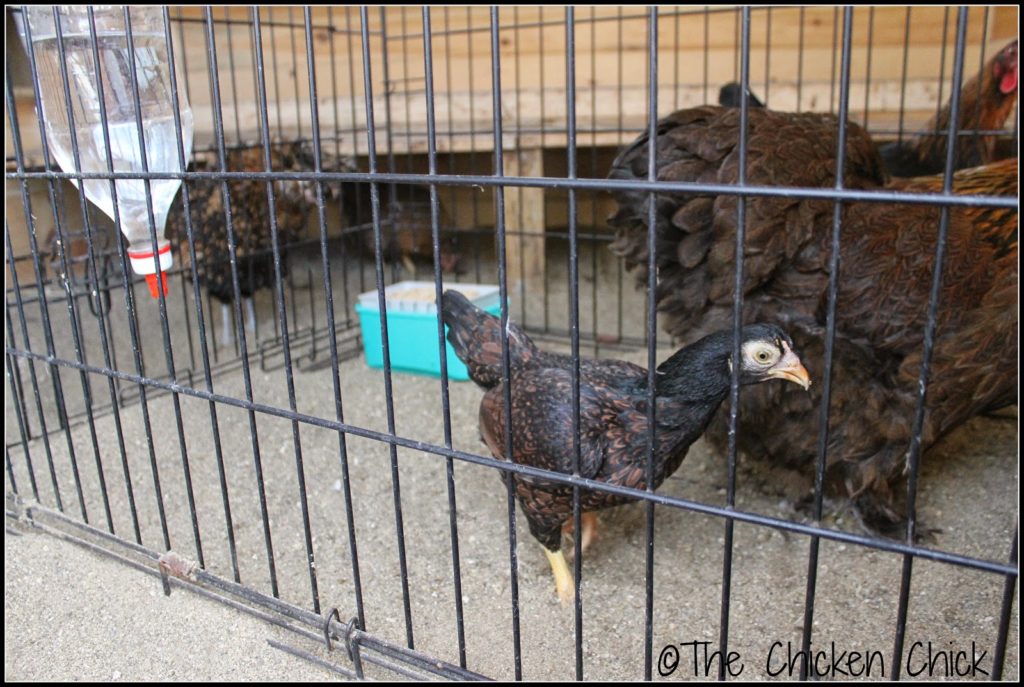

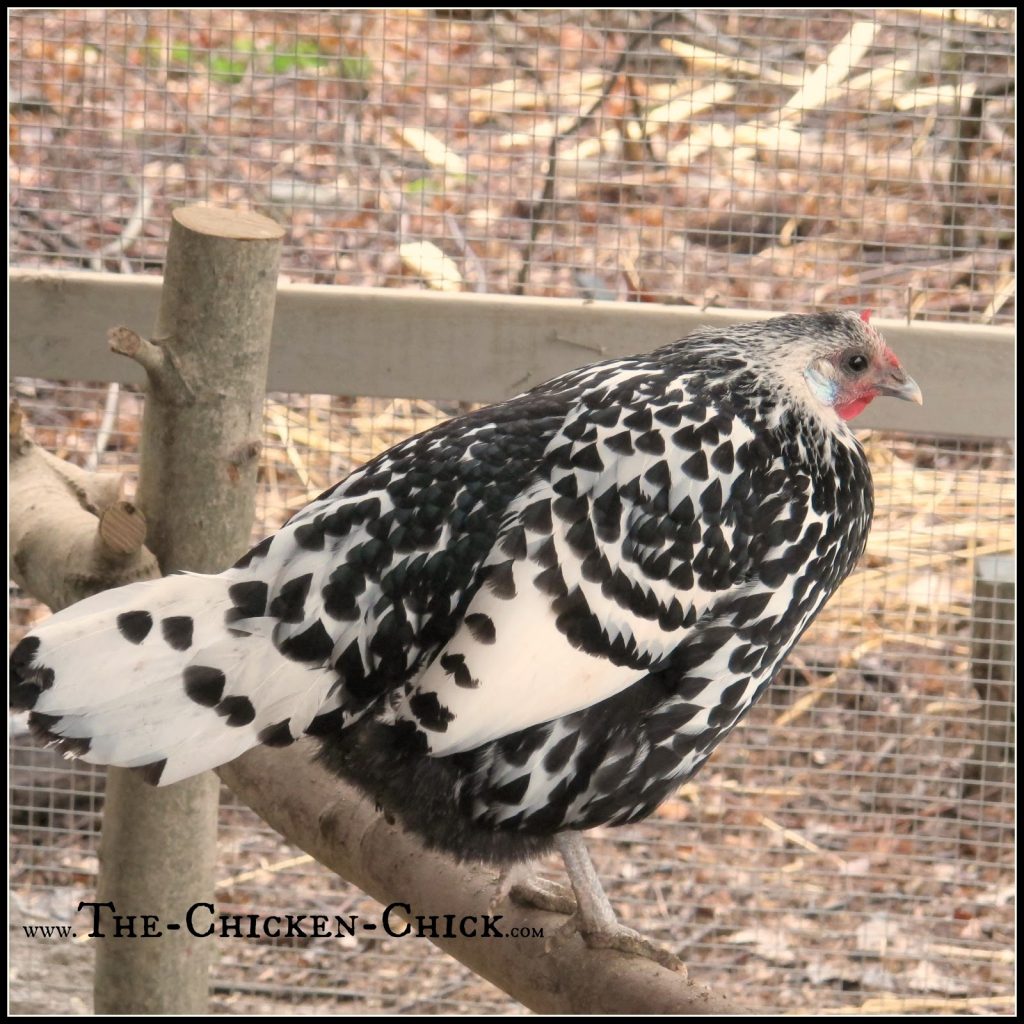
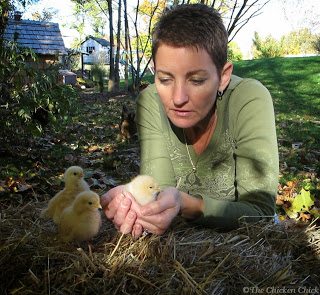



























Oh…now it makes sense she has stopped laying and won’t let me anywhere near her eggs so I think she is broody!
Yes, read this: http://www.the-chicken-chic…
aah!!! one of my chickens has just started plucking out all her feathers and leaving horrendous messes! she doesn’t want to come outside! any ideas?
I have a chicken about 18 months old- very good layer- who yesterday suddenly lay on the ground with wings spread out. Not sunbathing it was raining. She recovered when I picked her up but this morning she was like that in the hen house. Will eat of offered food but just lies on her tummy. Her legs are working but she wont walk.
I have a Bar Rock chicken that was looking really healthy and the last few days I’ve noticed it looks like her neck is being pecked by my other chickens and her comb doesn’t look as red as the other chickens. Her feathers look more white-ish than normal and they look kind of wavy. She has been laying eggs everyday and when I bring veggies etc. for them to snack on she eats. It’s my first time raising chickens and I’m not sure what to do with her. I’ll have to check her out closer, but I don’t think she’s… Read more »